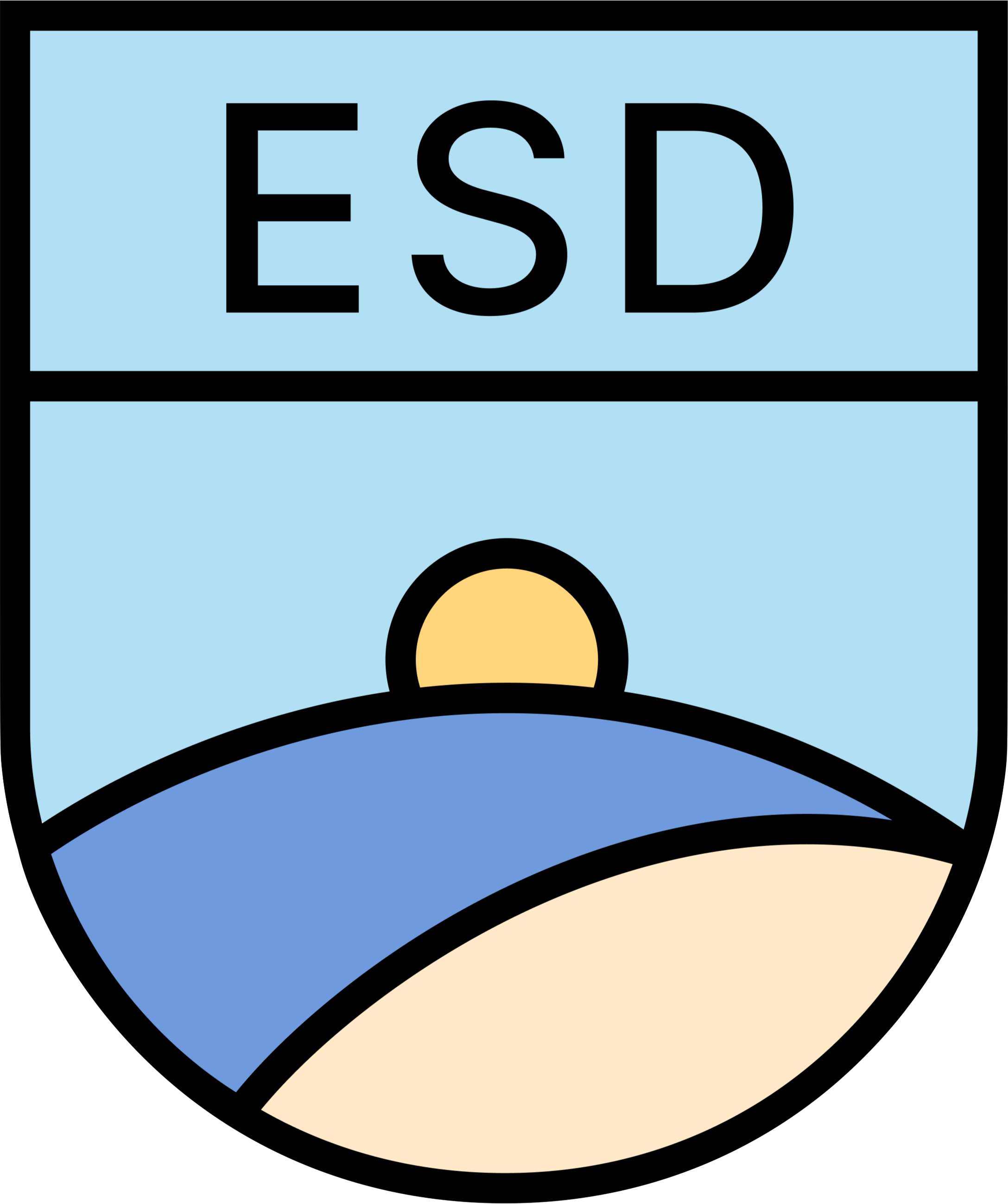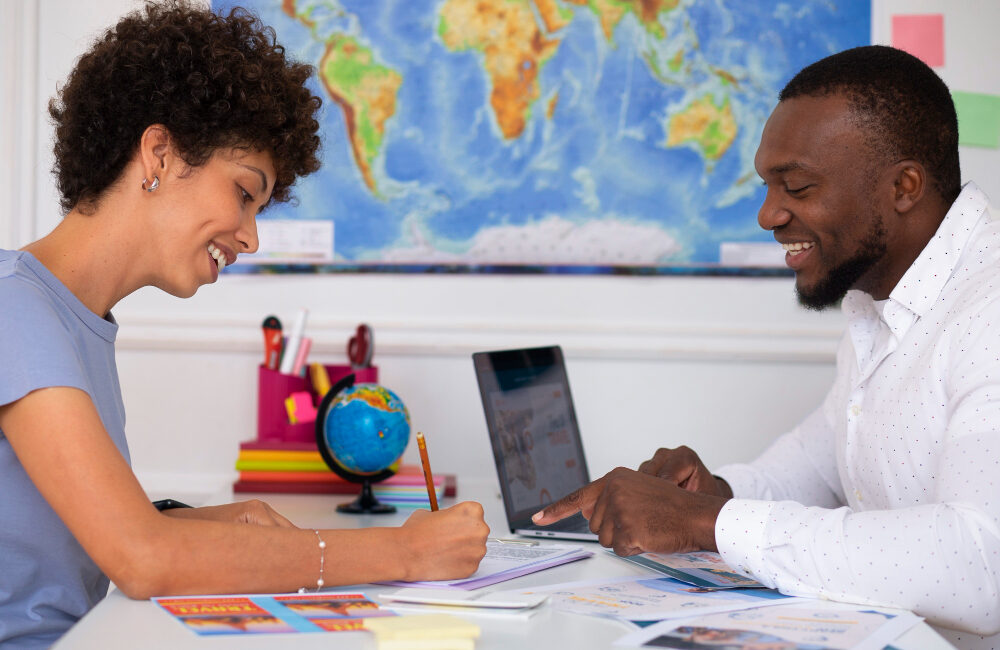Bilingual education in schools describes the teaching of educational material in both the local and a second language. Depending on the intended model, specific proportions of each language are used.
By ensuring fluency in their native tongue, bilingual education in schools enables children to acquire comprehensive skills in speaking, listening, reading, and writing in a second language for all purposes. Ideally, students should be able to communicate with others in their second language, perform well academically, and increase their chances of studying, working, and living abroad.
How does bilingual education work?
In the context of bilingual education in schools, various program models can be implemented. Supporting students in their language transition from their mother tongue to the target language is facilitated by attentive and experienced teachers through “Full Immersion” teaching.
● When a child arrives at school, they gradually adapt to the fact that half of the subjects are taught in another language. This is a natural way to accustom their brain to the other language and make it bilingual.
Education in the Dominican Republic
Although the education system in the Dominican Republic has a reputation for being one of the lowest in the world, efforts are being made to raise standards.
A few of the problems with the education in the Dominican Republic are stuffed classrooms, subpar centers, and out-of-date curricula. Approximately two percent of the GDP is allocated to training in the education of the Dominican Republic, notwithstanding law requiring 4 percent of GDP to be spent on this zone. As a result, there are enormously high scholar to trainer ratios in classrooms in the course of the education of the Dominican Republic, making teaching an unpopular profession.
Goals of bilingual education
Language proficiency: Help children become proficient in both languages so they can interact with others in different contexts and situations.
Achievement: Encourage students to succeed academically by providing instruction in their mother tongue and the language they are studying. This will allow them to access course materials and improve their critical thinking skills.
Cultural Awareness: In the school room, exposing college students to lots of languages and cultural contexts is a good way to foster an admiration and understanding of numerous cultures, customs, and viewpoints.
Socioeconomic Advancement: Increase opportunities for socioeconomic mobility and success by providing students with the language and educational skills they need to succeed in a globalized economy and fully engage in society.
Biliteracy: To become biliterate, children must be competent in reading, writing, speaking, and understanding in both languages. This will allow them to interact with a variety of texts and communicate effectively across linguistic barriers.
Diversity of educational systems across the Caribbean region
A wide variety of educational systems influenced by historical, cultural, and socioeconomic issues can be found throughout Caribbean schools. Despite these differences, the Caribbean’s efforts at standardization and cooperation are aimed at improving learning outcomes and promoting regional growth.
Conclusion:
In conclusion, an examination of bilingual education in the Dominican Republic and Caribbean schools reveals a complex landscape influenced by cultural, historical, and economic factors. For children to succeed academically, be culturally aware, climb the socioeconomic ladder, and become bilingual, private and international education is essential. There is a willingness to raise standards and provide access to quality education despite the obstacles in the education system. Institutions such as ESD European School in Cabarete/Sosúa, in the area of PUERTO PLATA strive to provide innovative and comprehensive educational options to the Caribbean community. We can build a more promising future for education in the Dominican Republic and the Caribbean region by emphasizing the quality of education, cooperation, and innovation.

